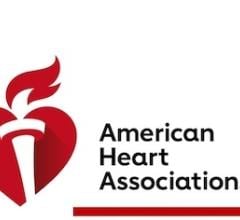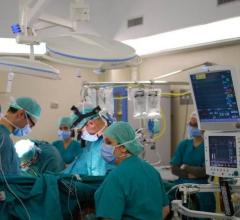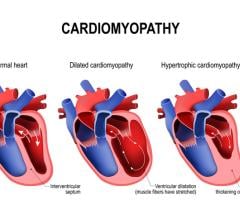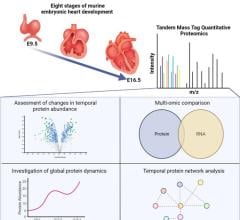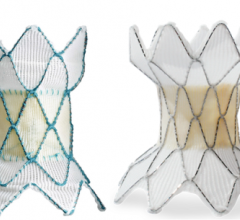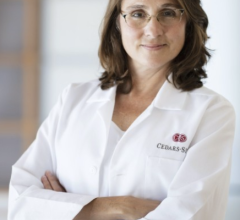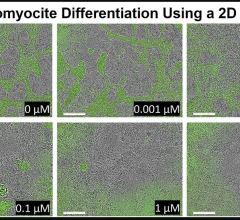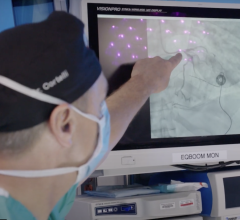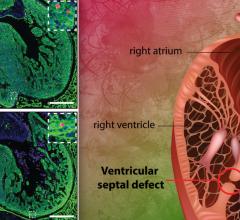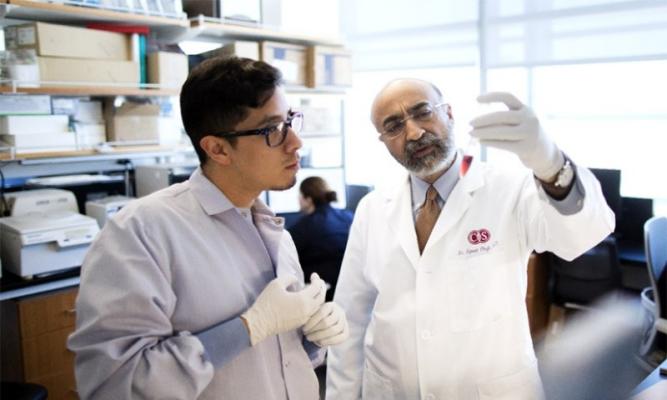
March 30, 2022 — Clinician-scientists in the Smidt Heart Institute at Cedars-Sinai developed a clinical algorithm that, for the first time, distinguishes between treatable sudden cardiac arrest and untreatable forms of the condition.
The findings, published today in the peer-reviewed Journal of the American College of Cardiology: Clinical Electrophysiology, have the potential to enhance prevention of sudden cardiac arrest-unexpected loss of heart function-based on key risk factors identified in this study.
"All sudden cardiac arrest is not the same," explained Sumeet Chugh, MD, director of the Center for Cardiac Arrest Prevention and lead author of the study. "Until now, no prior research has distinguished between potentially treatable sudden cardiac arrest versus untreatable forms that cause death in almost all instances."
Out-of-hospital sudden cardiac arrest claims at least 300,000 U.S. lives annually. For those affected, 90% will die within 10 minutes of cardiac arrest.
For this largely fatal condition, prevention would have a profound impact. The biggest challenge, however, lies in distinguishing between those who stand to benefit the most from an implantable cardioverter defibrillator-and those who would not benefit from the electric jolt.
"Defibrillators are expensive and unnecessary for individuals with the type of sudden cardiac arrest that will not respond to an electrical shock," said Chugh. "However, for patients with treatable, or ‘shockable,’ forms of the disease, a defibrillator is lifesaving."
Chugh, also a professor and the Pauline and Harold Price Chair in Cardiac Electrophysiology Research, says this new research provides a clinical risk assessment algorithm that can better identify patients at highest risk of treatable sudden cardiac arrest-and thus, a better understanding of those patients who would benefit from a defibrillator.
The risk assessment algorithm consists of 13 clinical, electrocardiogram, and echocardiographic variables that could put a patient at higher risk of treatable sudden cardiac arrest.
The risk factors include diabetes, myocardial infarction, atrial fibrillation, stroke, heart failure, chronic obstructive pulmonary disease, seizure disorders, syncope-a temporary loss of consciousness caused by a fall in blood pressure-and four separate indicators found with an electrocardiogram test, including heart rate.
"This first-of-its-kind algorithm has the potential to improve the way we currently predict sudden cardiac arrest," said Eduardo Marbán, MD, PhD, executive director of the Smidt Heart Institute and the Mark S. Siegel Family Foundation Distinguished Professor. "If validated in clinical trials, we will be able to better identify high-risk patients and therefore, save lives."
The research study utilized data from two ongoing multiyear studies founded by Chugh. The Oregon Sudden Unexpected Death Study is a comprehensive assessment of sudden cardiac arrests among the 1 million residents of the Portland, Oregon, metropolitan area.
The Ventura Prediction of Sudden Death in Multiethnic Communities (PRESTO) study is based in Ventura, California, with approximately 850,000 residents. Both studies are unique community partnerships with area residents, as well as first responders, medical examiners and hospital systems that deliver care within the two communities.
Both led by Chugh, the projects-now ongoing in Oregon for nearly 20 years, and more recently in Ventura-provides researchers with unique, community-based information to help determine how best to predict sudden cardiac arrest.
As a next step, Chugh plans to test their risk assessment algorithm, which was funded by the National Heart, Lung, and Blood Institute (R01HL126938 and R01HL145675), in separate prospective studies, as well as randomized clinical trials.
For more information: www.cedars-sinai.org
More on Sudden Cardiac Arrest:
Cedars-Sinai Establishes New Division: Artificial Intelligence in Medicine
Lay Rescuers who do CPR are Heroes and Survivors
Survivors of Heart Attack Plus Cardiac Arrest at Increased Risk of Early Death


 March 31, 2025
March 31, 2025 
